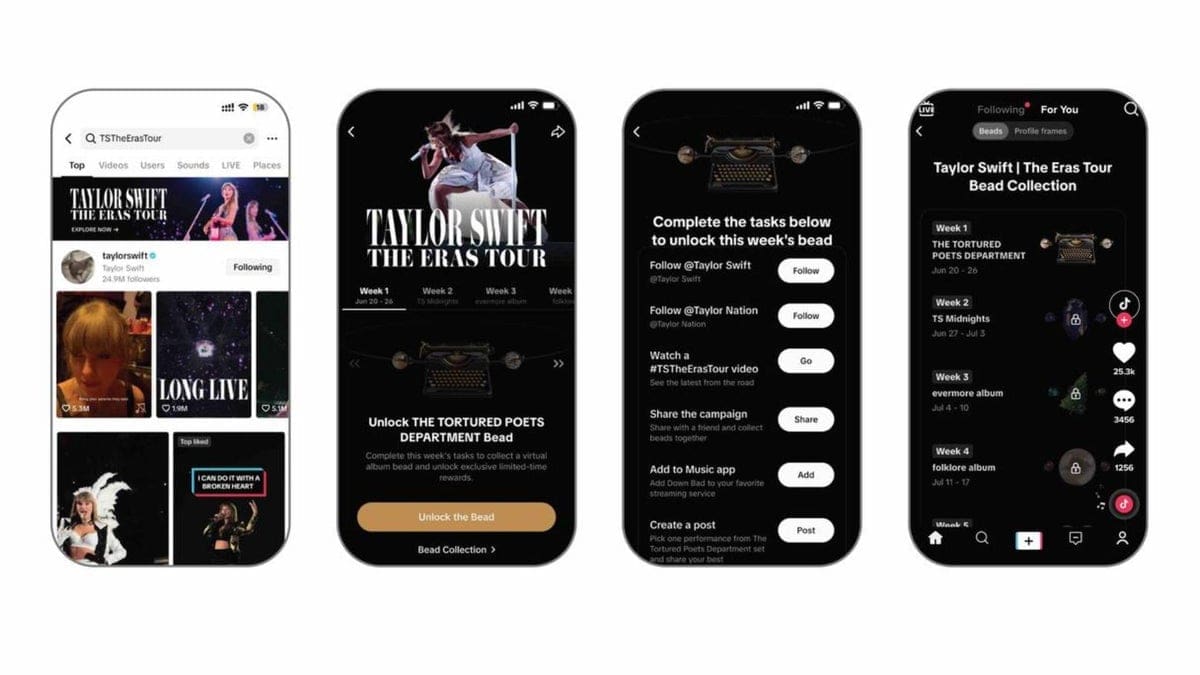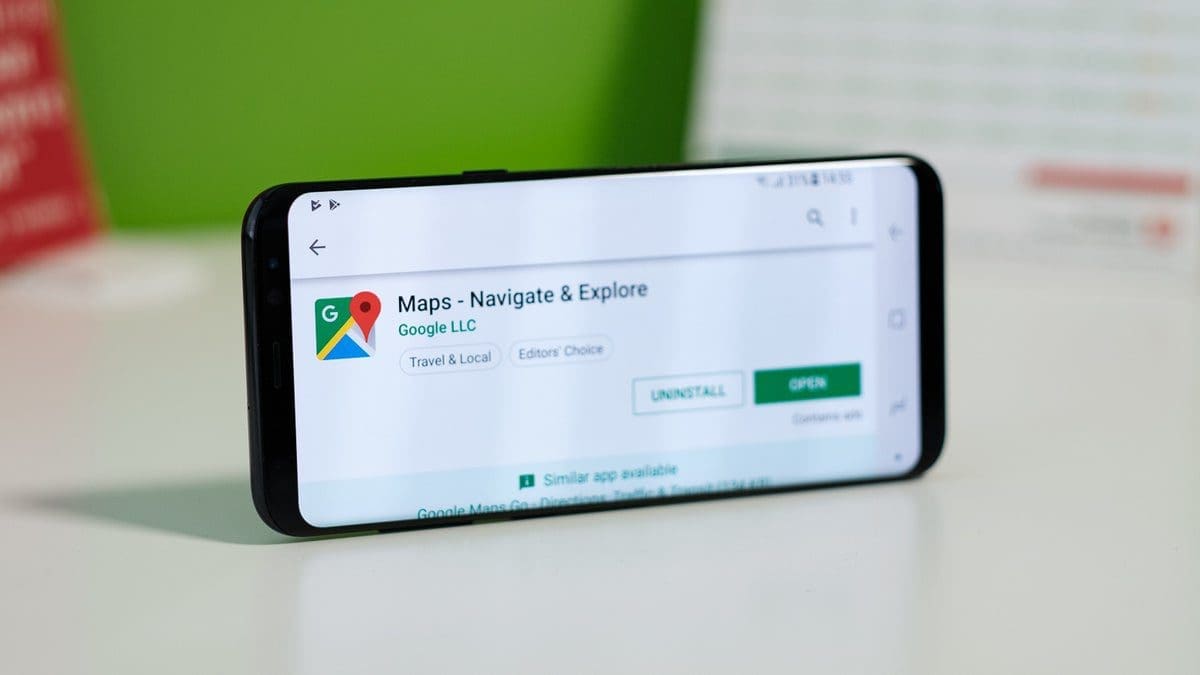In response to recent concerns, Liz Reid, VP of Google Search, acknowledged that the search engine’s AI Overviews sometimes returned “odd, inaccurate, or unhelpful” results. But fret not! Google has taken steps to address these issues and ensure more accurate and reliable responses moving forward.
Reid clarified that while some extreme AI Overview responses are fabricated, others are genuine but may stem from a lack of quality content on certain topics. For instance, the viral screenshot of the response to “How many rocks should I eat?” was generated due to satirical content published on a website. This led Google’s AI algorithm to link to that particular site when the question was asked.
When it comes to inaccuracies in AI Overviews, Reid explained that they usually occur due to misinterpreted queries or nuances in language on the web. However, Google has implemented safeguards to improve accuracy and reliability in its responses. Here’s what the tech giant did:
– Improved detection of nonsensical queries and adjusted AI to recognize humor and satire better.
– Reduced reliance on user-generated content that may offer misleading advice.
– Implemented restrictions on queries where AI Overviews were less helpful.
– Prioritized freshness and accuracy for breaking news topics by refraining from displaying AI Overviews.
– Enhanced quality assurance and accuracy for health-related queries.
By addressing these issues head-on and making necessary adjustments, Google is committed to providing users with more precise and relevant information through its AI Overview feature. So next time you have a burning question, rest assured that Google has got you covered!










